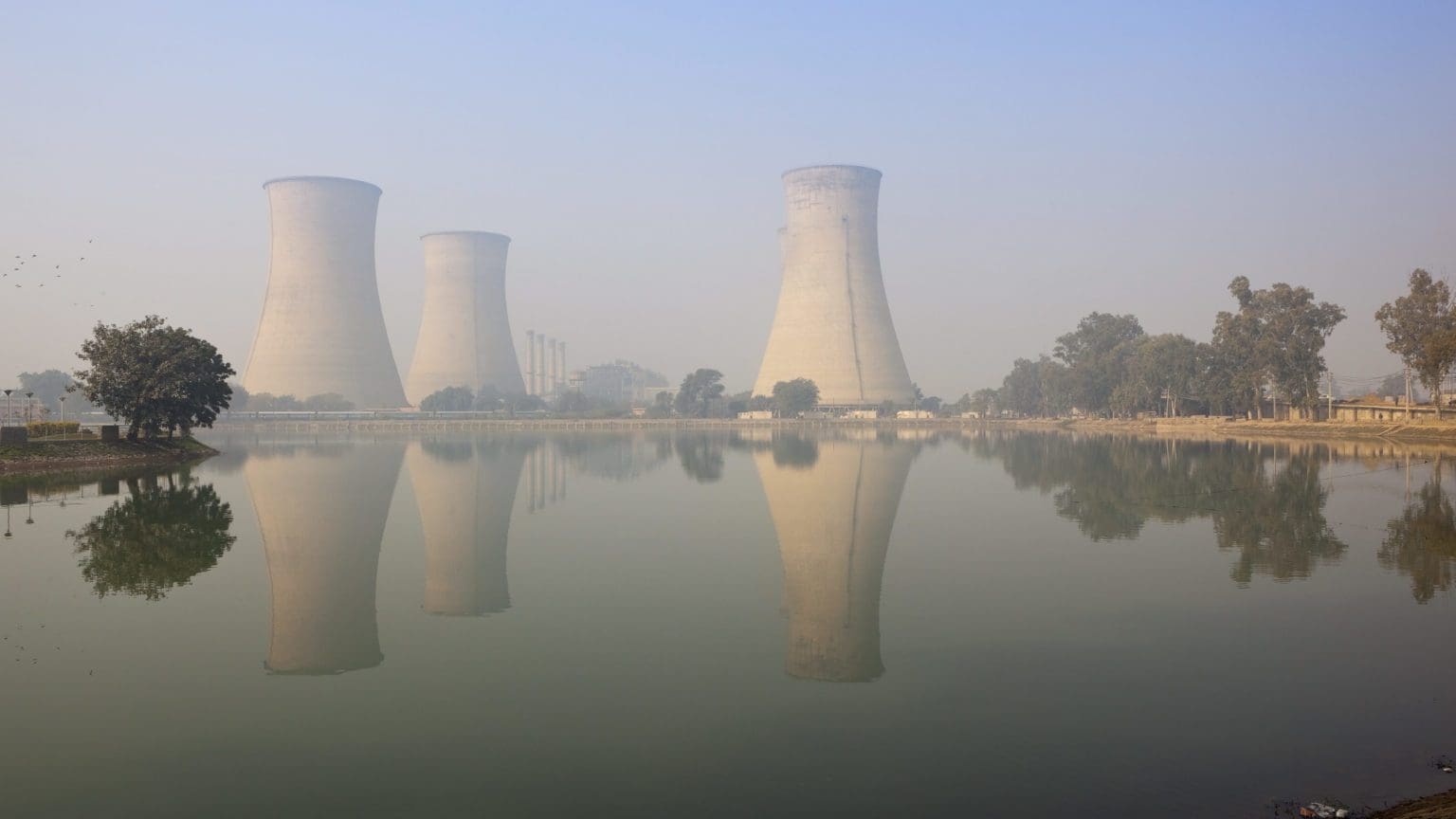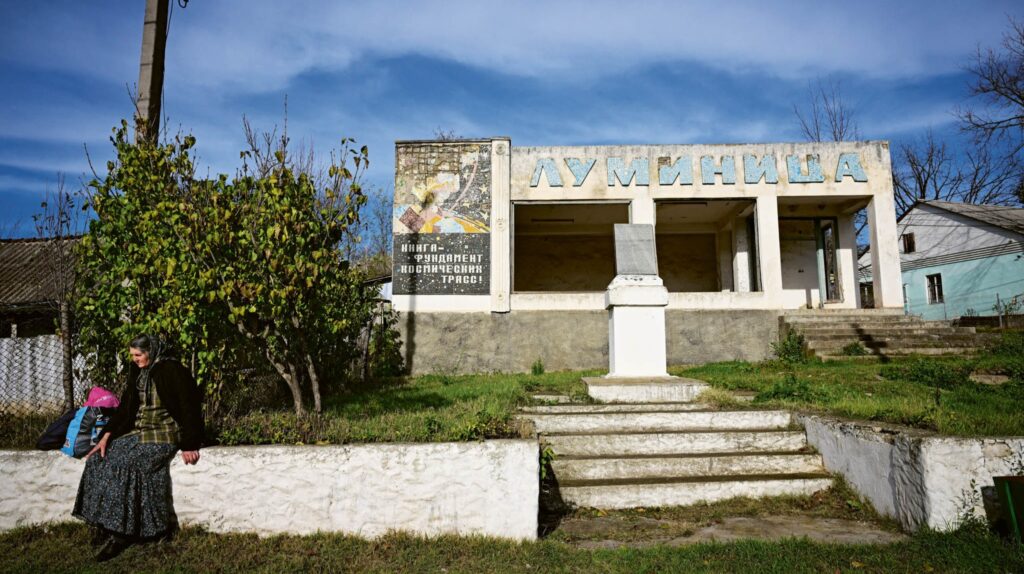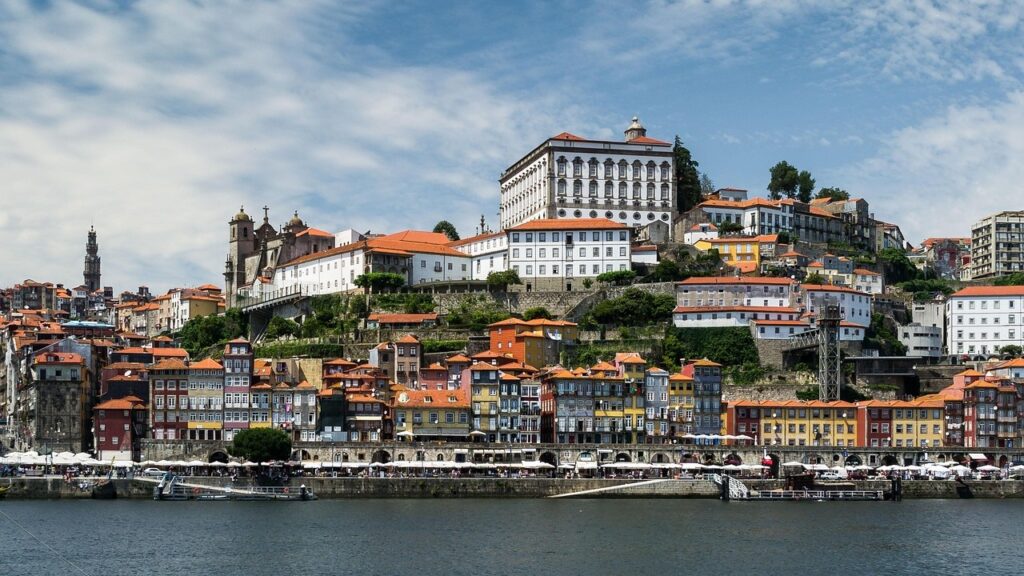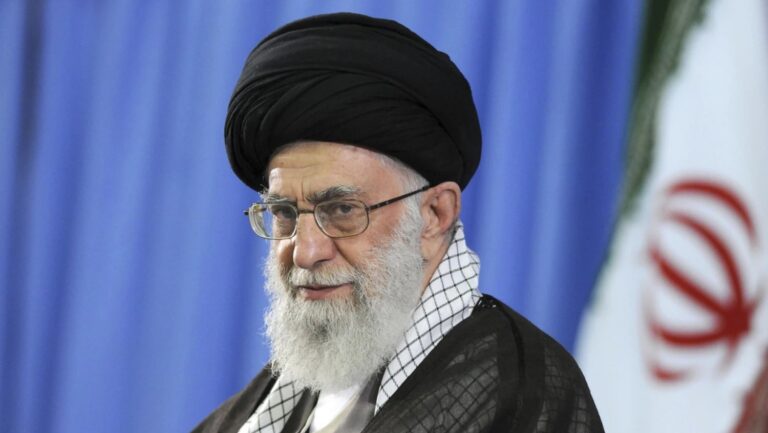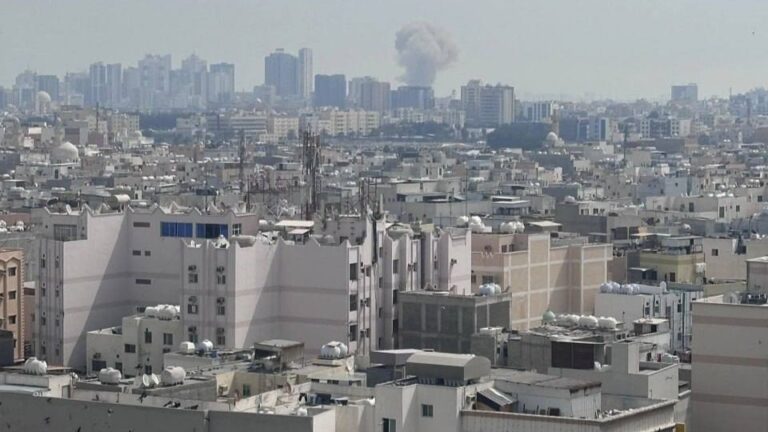France is a nuclear superpower. More than 70 per cent of the nation’s electricity was produced by the 56 reactors that were active in the country last year.
Unfortunate Events
However, the total production of these power plants has significantly fallen recently, which could cause major issues at the start of the already dreaded autumn and winter season in Europe. These variables all affect the French nuclear industry almost simultaneously.
The unfortunate sequence of events started when several reactors, including the biggest ones, had to be shut down for maintenance. As many of the reactors began to exhibit signs of aging last year, 12 of them were shut down due to corrosion. Given that the reactors have an average age of 35 years, this is not very surprising. The largest 1,500 megawatt N4 reactors, five reactors of a similar size, and three 900 megawatt units have all been shut down.
The combined output of France’s nuclear reactors is now at its lowest level in decades as a result not only of the undelayable maintenance work at the oldest plants, but the shutdown of 18 additional reactors for repairs, planned upgrades, or routine safety checks. Electricite de France (EDF) predicts that in 2022, the group’s revenues will decline by 18.5 billion euros. Wintertime power outages are anticipated. Additionally, due to a shortage of experienced labour, EDF does not appear to be able to resolve the technical issues in the foreseeable future.
The issue has been made worse by the oppressive summer heat. Due to the extreme weather, rivers and reservoirs around the world have experienced huge drops in water levels, making it extremely difficult to cool nuclear power facilities. At the same time, there is a higher demand for power as homes, workplaces, and factories all need to be cooled during the heatwaves.
Problems Continue
The country has switched from being an energy exporter to an importer, so traders say France shouldn’t anticipate putting the crisis behind it by 2023. Apart from damaging France’s reputation, the French developments have worsened Europe’s energy crisis, which has already resulted in record high inflation. Currently, France may be in even more trouble than its neighbouring Germany, which is frantically trying to figure out how to make up for the lost Russian gas.
The French government has taken a number of quick steps in response to the rise in electricity demand during the summer heatwave. For instance, regardless of the size of the city in which the shop is located, retailers must turn off their illuminated signs and backlit advertisements between the hours of 1am and 6am.
Large malls will be allowed a maximum temperature of 19 degrees Celsius in winter and a minimum temperature of 26 degrees Celsius in summer. The doors of air-conditioned stores may not be kept open.
The French government will also launch an education campaign about energy conservation in the autumn. According to the government, starting the washing machine during the day takes far more energy than doing the laundry between 10pm and 8am.
The Hungarian Situation
While a lot of countries in Europe struggle with energy and nuclear power issues, the Hungarian power plant, Paks is fully operational, providing a large amount of energy to the country. With plans to expand the plant, energy production will only rise making electricity accessible and affordable for everyone.

